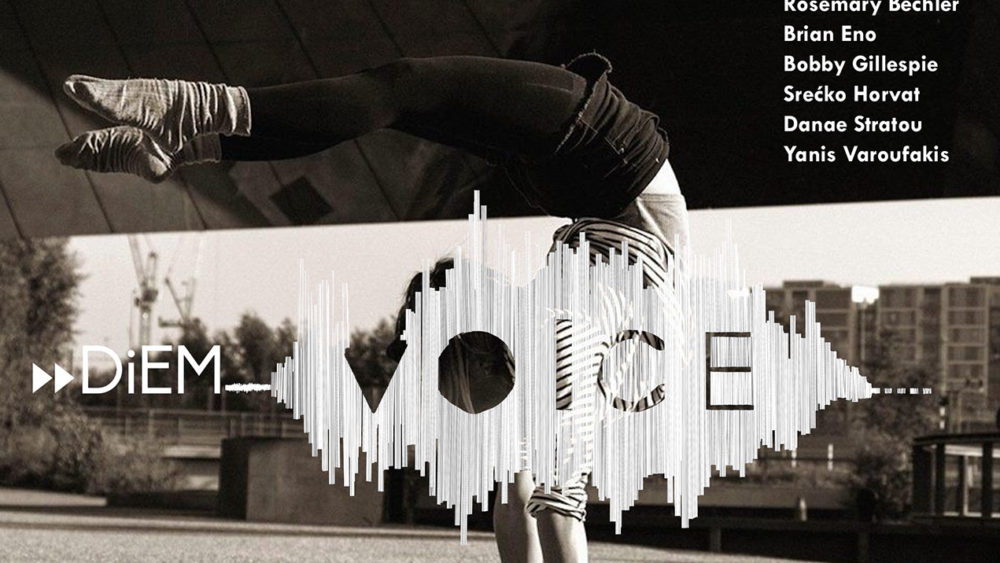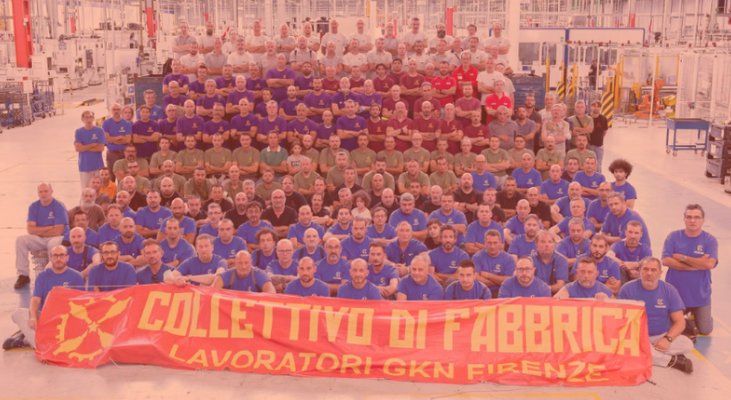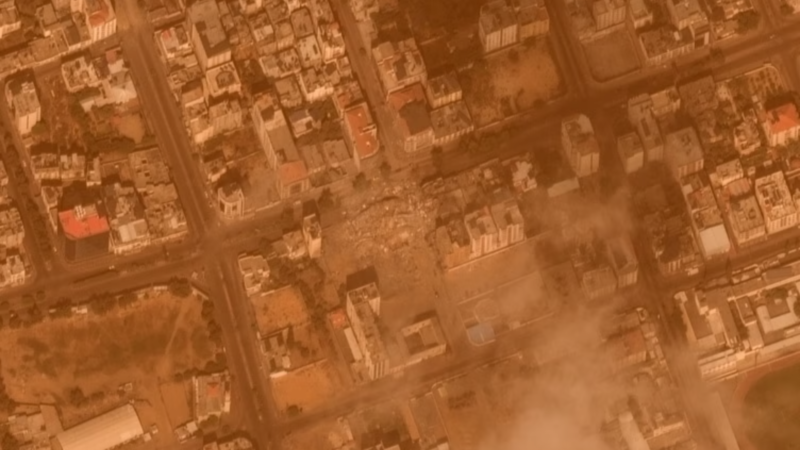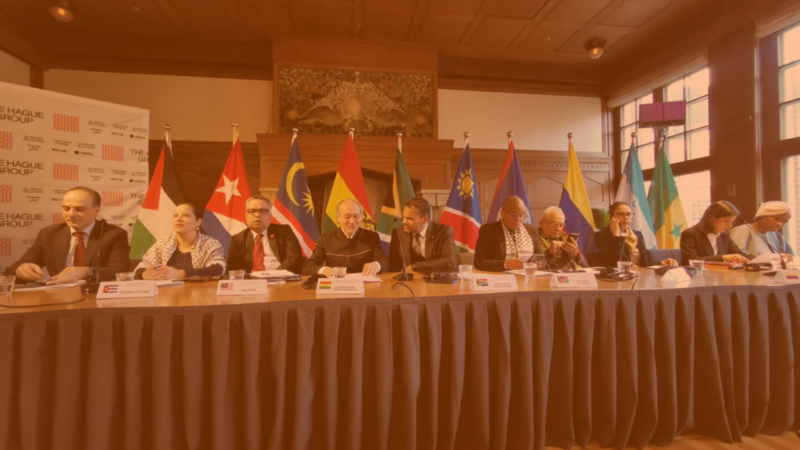On October 10, “Here and Now: A Creative Vision for Europe” will bring together Srećko Horvat, Danae Stratou, Yanis Varoufakis, Bobby Gillespie and Rosemary Bechler at the Platform Theatre of Central Saint Martins to consider the role of culture in the fight for the future of Europe. With a range of performance, presentation, and discussion, the event will invite citizens to help shape a new politics of culture – in Europe and beyond.
The event will start with an aerial straps piece by Kit Hill which sees her indicate that perhaps the dystopian future already exists in the present and that the two might in fact be a mirror image of one another.
The event will be moderated by Mary Fitzgerald who is Editor-in-Chief of Open Democracy. Representing the DiEM Voice team, Igor Stokfiszewski will be presenting the cultural policy paper process.
The event is organised by DiEM25 + DiEM Voice, and supported by Creative Unions, a CSM initiative supporting artistic collaboration across borders.
OPEN CALL: Participate with one word
Duration: 1st September – 1st October, 2018
Send us the one word that best expresses that which currently:
- Frightens or threatens you the most
- You believe is in urgent need of protection
The words gathered through this call will be used by visual artist Danae Stratou in the creation of an art video to be presented at the Here and Now: A creative vision for Europe event.
Submit Your Word: http://www.opentheblackboxes.com/participate/
Event details and tickets:
https://www.arts.ac.uk/colleges/central-saint-martins/whats-on-at-csm/platform-theatre
Support a Creative Vision for Europe
https://internal.diem25.org/donations/to/csm_event
DiEM Voice
From its beginning, DiEM25 has placed arts and culture at the heart of its vision of a democratic Europe. DiEM Voice takes this mission forward – dedicated to developing a new vision for culture in Europe and providing a platform for its expression.
“Here & Now”
The on-going crisis in Europe is not only economic, nor only political. Rather, we are in throes of a severe crisis of culture: ‘the disintegration, destruction or suspension of some basic elements of sociocultural life,’ as anthropologist David Badney has described it.
A culture war is, then, underway in Europe– not between the ‘anywheres’ and the ‘nowheres’, but between those who use culture to divide – by class, by race, by nation – and those who use it to connect. This war is not based in Parliament – but on the street, in our homes, and across the internet.
In order to end this war, we must create conditions for all people in Europe to exercise their right to cultural expression. In a word, we must reinvent ‘democratic culture.’
How can we achieve this goal? Such is the prompt of DiEM Voice’s London event — “Here and Now.”
Our Conversation
The fight for a democratic culture must address the key assumptions that define Europe’s current cultural regime.
The first is that culture actually means high culture: arts, theatre, opera, film, music that appear inaccessible to the vast majority of Europeans. Works produced at the grassroots, by social movements, and through neighbourhood associations are often dismissed or delegitimized.
The second is that the most appropriate model for sustainable culture is industry: from film and music to art auctions and private collections. Subordination to the market simultaneously cheapens culture — and makes it exorbitantly expensive.
The third: culture is not work. Europe’s cultural space remains highly precarious, both within institutions and outside of them. Artists in Europe are poor and powerless, with little to no social securities or pension support.
Fourth: there’s nothing worse for culture than democracy. Culture is individualistic, it’s irrational, it’s arbitrary. This assumption results in resistance to democratic governance within cultural institutions and organisations — as well as the tight control of cultural production by those with extensive resources.
How to overthrow those barriers? Which other barriers prevent the emergence of a genuinely democratic European culture?
To stimulate further discussion, we have formulated 10 questions that we present to DiEM25 members, experts, and the general public to reflect on the state of the culture war in Europe and what kind of solutions we can put forward to drive the democratisation of the continent.
We believe the above questionnaire can inspire a fruitful discussion on the future of culture and democracy in Europe. If the cultural conflicts on the street, in our homes, and across the internet present real dangers, they also present opportunities to reach people that have disengaged from traditional forms of politics – and to hear their voices in response.
Do you want to be informed of DiEM25's actions? Sign up here















